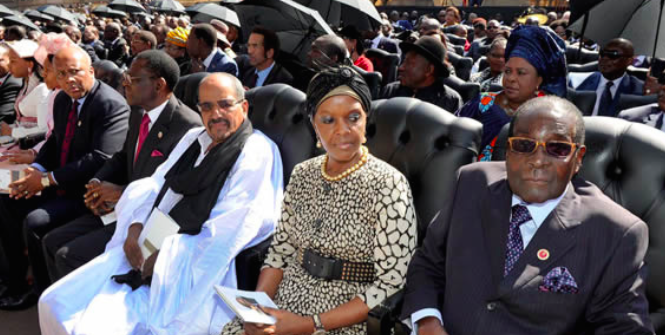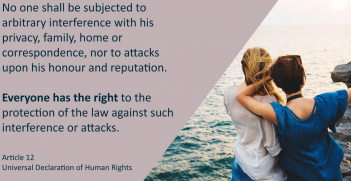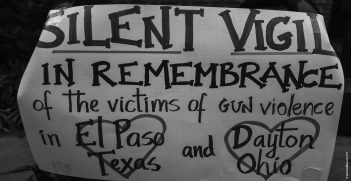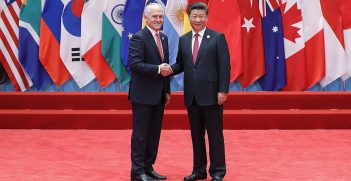Zimbabwe: What Happens When Mugabe Goes?

The great majority of the population of Zimbabwe, a country where half of the population is under twenty and the President has been in power for thirty-four years, has never experienced life except under the rule of President Mugabe, who is now ninety-one.
Despite enduring prolonged prison sentences in their earlier lives, African leaders such as the uniquely democratic Mandela, and dictators such as Robert Mugabe and Hastings Banda have demonstrated remarkable longevity. But even they are not immortal, despite sometimes acting as if they expect to go on forever. One problem to resolve is that naming a successor gives the designated leader-in-waiting a power which they may well be tempted to use, before the long awaited final hour comes. One advantage of a dynastic, family succession is that the family member can more readily be held in check and can be expected to be more patient. In the case of President Mugabe, rumours are now rife about the ambitions of his much hated second wife Grace, popularly known as Gucci Grace or DisGrace amongst the unfortunate Zimbabweans who have been taxed to fund the First Shopper, or dispossessed of their businesses and farms to support her ambitions to demonstrate her managerial skills. Once considered laughable, and despised for her humble origins in the Presidential typing pool, in December 2014, Mrs Mugabe was made leader of the Women’s Wing of ZANU-PF (the party in power), which gives her automatic membership of the party politburo.
Prior to the political elevation of the First Lady, Joice Mujuru, one of the two Vice-Presidents, appeared to be the most likely presidential successor, The widow of an assassinated army general, with the nick-name ‘spill blood’, she had revolutionary credibility of her own and considerable support from the military. But then the President accused her of planning a coup as the leader of a ‘treacherous cabal’ and dismissed her. Given the frequency with which alleged enemies of the regime experience timely road accidents, it is remarkable that she still survives. If she was not plotting before, she has every incentive to do so now, as well as having the support of many of her ethnic group.
The new prominence of sixty-nine year old Vice-President Emmerson Mnangagwa saw him as being the possible new heir apparent, especially as he has the support of the Chief of the Defence Forces, General Chiwanga. Earlier he had been a very able political strategist supporting Mugabe in election rigging and the use of intimidation, skills which he could well be tempted to use in his own support. However, since the beginning of this year he appears to have fallen out with the First Lady and therefore to be less secure as the chosen deputy.
Remarkably, in local discussions of future leadership, the political opposition, the Movement for Democratic Change, and its leader Morgan Tsvangirai, are rarely mentioned as serious contenders. Tsvangirai came close to unseating Mugabe in the 2008 presidential election and became Prime Minister from 2009 to 2013 in a government of National Unity, but could not deliver the level of economic recovery desired by a population faced by constant shortages of food and electricity. In April this year, Tsvangirai told a shambolic political rally that “Zimbabweans have lost their faith in the ballot” but went on to rule out violence whilst declaring that “if the worst comes to the worst Zimbabweans will liberate themselves”. Zimbabwe has long stood out as one African country where party politics over-rules ethnic loyalties, however some perceive that this is increasingly subject to change, with the Ndebele being more vocal about what they perceive as constant neglect of their interests.
Predicting the future of a country which once held so much promise and which has suffered under repression, misgovernment and crippling economic mismanagement for so long is very difficult. So many of the country’s institutions are as divided as they are corrupted and there is no one favoured leader standing in the wings. Basically the opposition is far too atomized to stand up successfully against a dictatorial government. For the mass of the people, where their food is to come from and how their children are to get an education are the vital questions. This year the former food basket of Southern Africa is likely to face a shortfall of a million tons of maize and very few of the potential leaders, whether from the revolutionary generation or from the newer faces of the group within ZANU-PF known as Generation 40, appears to be focusing on that tragic reality. One exception is the former Finance Minister, Simba Makoni, founder of Mavambo/Kusile/ Dawn (MKD), who ran third in the 2008 presidential elections and is now trying to get together an opposition alliance with real cohesion to fight the next presidential election in 2018, in which Mugabe has already said he will be standing yet again. If Makoni, who is related by marriage to Joice Mujuru, could unite the opposition, that would be the most hopeful sign for a very uncertain future.
Professor Helen Ware is a Professor of Peace Studies at the School of Humanities at the University of New England. This article can be republished with attribution under a Creative Commons Licence.





